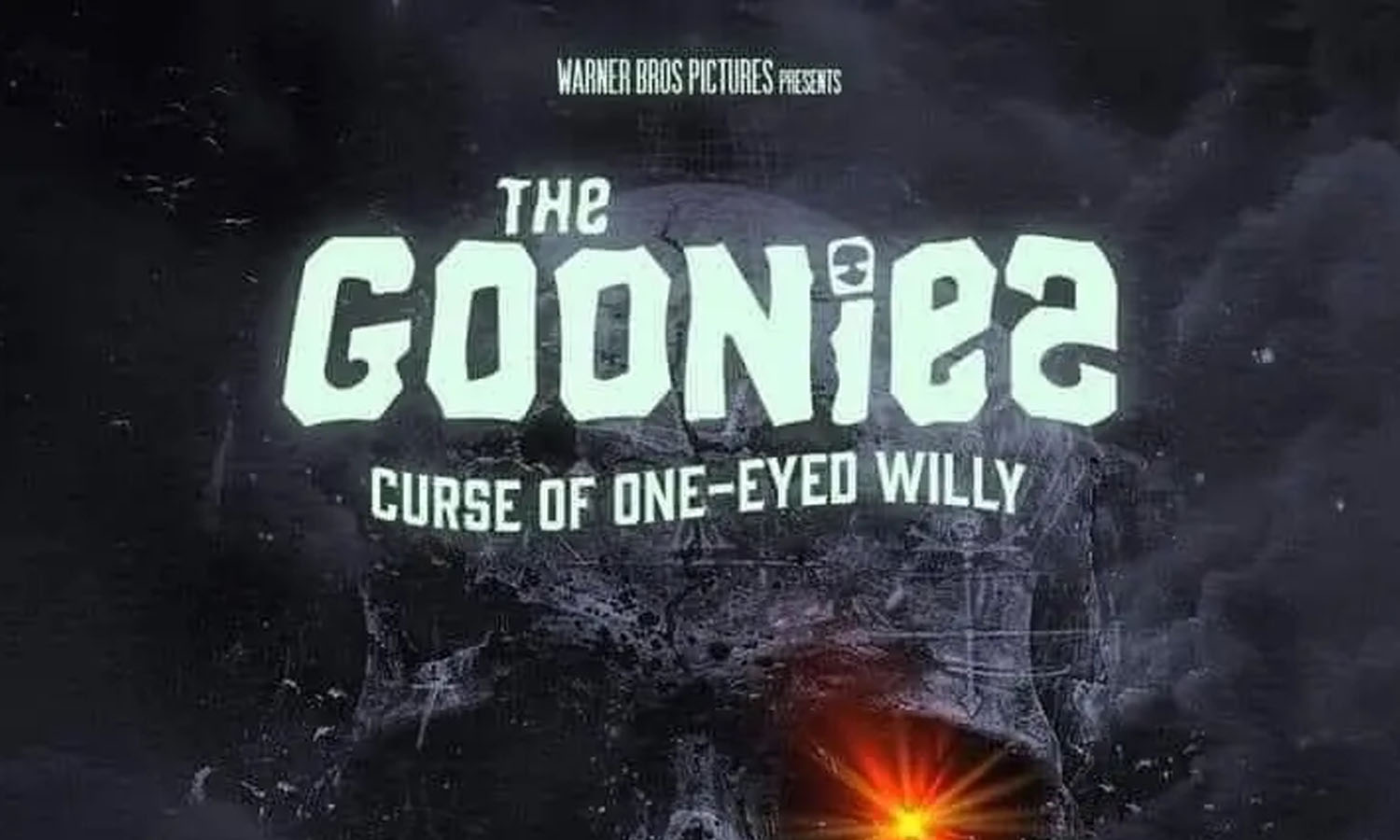In the ever-evolving landscape of internet culture and linguistic experimentation, new words emerge every day—some vanish without a trace, while others ignite widespread curiosity. One such term that has recently captured attention is “Goonierne.” With its cryptic sound and obscure origins, Goonierne has begun to surface in online forums, gaming communities, and creative subcultures. But what exactly is it? Where did it come from, and why is it suddenly popping up in conversations, usernames, and art?
This article dives deep into the etymology, usage, cultural interpretations, and potential meanings of “Goonierne,” exploring its significance and place in modern discourse.
What Is “Goonierne”?
To begin with, “Goonierne” is not a word you’ll find in the Oxford English Dictionary or even in Urban Dictionary—at least not yet. It appears to be a neologism, possibly a portmanteau or a phonetically driven creation with no clear root in any single language.
At its core, “Goonierne” sounds whimsical, slightly fantastical, and vaguely European. It evokes something both goofy and arcane—like a character from a medieval fantasy or a secret society you’d encounter in a sci-fi game.
Let’s break it down:
-
“Goonie” — This part might remind you of The Goonies, the 1985 adventure film. In internet culture, “goon” has also been used to describe someone silly, clumsy, or blindly loyal (e.g., “Something Awful” forums had “goons”).
-
“-ierne” — This suffix resembles French or Old English derivations, giving the word an archaic or noble feel. It sounds like a title, a place, or even a mystical concept.
Together, “Goonierne” feels like a name, a title, or a mythic element.
Origins and Evolution
While there’s no officially documented origin, the rise of “Goon-ierne” can be traced through digital breadcrumbs:
-
Gaming Servers: The word has shown up in usernames and custom character titles in fantasy and role-playing games like Elden Ring, Final Fantasy XIV, and Dungeons & Dragons homebrew campaigns. It often denotes a guild name, ancient kingdom, or rare item.
-
Online Forums and Reddit Threads: Certain niche communities on Reddit and Discord have referenced “Goonierne” as a kind of inside joke or placeholder for esoteric knowledge. Posts may say things like “You haven’t even unlocked Goonierne yet,” implying it’s a higher level of understanding or an advanced concept in a conversation.
-
AI and Procedural Generation: There’s speculation that the term first emerged from an AI-generated text or world-building tool (like GPT or DALL·E), where names and places are created procedurally. That would make “Goonierne” a linguistic accident with cultural legs.
Over time, its use has grown more intentional. What began as a throwaway name or accidental output has become a signifier of creativity, absurdity, and depth.
Interpretations of Goonierne
Given its nebulous meaning, different communities have begun assigning their own interpretations of what “Goonierne” is or represents.
1. As a Place
In fantasy writing and role-playing campaigns, Goon-ierne is often imagined as:
-
A forgotten kingdom in the north, where ancient magics still pulse beneath the ice.
-
A hidden city of scholars and fools, exiled from the rest of the world for knowing too much.
-
A ruined metropolis of giant mushrooms and steel towers, accessible only through dreams.
It becomes a kind of symbolic Atlantis—real or imagined—representing the unreachable, the mystical, or the absurd.
2. As a Concept
Some have used Goonierne as a philosophical term, similar to “the sublime” or “the uncanny.” In this usage, it’s:
“The point at which absurdity becomes profound—when nonsense hints at hidden truth.”
This ties into internet postmodernism and memetic culture, where absurd memes can take on existential or political meaning. Goonierne, in this view, is a state of awareness: to get Goonierne is to understand the joke so deeply that it ceases to be a joke.
3. As a Name or Title
In fiction and fanworks, Goon-ierne has appeared as:
-
The name of a wizard or demigod.
-
A secret alias for a digital resistance group.
-
A rank within a fictional military order.
It holds an air of mystery, similar to titles like “The Unseen One” or “Archon of Dust.”
Goonierne in Art and Culture
Creative communities have embraced Goon-ierne in visual and auditory art.
-
Digital Artists: Some have begun tagging their surreal, dreamlike works with #Goonierne on platforms like Instagram and DeviantArt. The tag has become associated with liminal spaces, ethereal colors, and arcane symbols.
-
Music: Independent musicians have experimented with using Goonierne as a project name or song title. It often correlates with experimental electronic or ambient genres—art that resists easy classification.
-
Fashion and Design: The term has even crept into streetwear and graphic design, appearing on vaporwave-style prints, patches, and pins. Goon-ierne becomes a visual identity—cryptic, cool, and undefined.
The Power of Undefined Language
So why does Goonierne matter?
Because it reflects a modern truth: we’re constantly creating and reshaping language to fit our needs, moods, and cultures. Goonierne is part of a broader movement where language becomes an aesthetic as much as a tool for communication.
Words like Goonierne highlight:
-
The playfulness of human creativity in a digital space.
-
The power of shared context: even without a set definition, people “get it” when they see it used in the right way.
-
The beauty of ambiguity: It invites interpretation, discussion, and transformation.
It’s reminiscent of how slang, dialects, and inside jokes work—but on a potentially global and generative scale.
Is Goonierne Here to Stay?
That remains to be seen.
Many words and phrases go viral and disappear. However, Goonierne has something special: it’s adaptable. It’s a blank slate for storytellers, artists, and online communities to project meaning onto. That gives it staying power.
If it continues to be used in games, writing, music, and art, it could evolve from a strange curiosity into a full-fledged cultural symbol.
How to Use “Goonierne” Yourself
Want to join the fun? Here are some ways you could use Goonierne:
-
Name a fantasy location in your next D&D campaign.
-
Use it as a username or gamertag to stand out.
-
Title your next song, zine, or art piece “Goonierne.”
-
Write a short story where Goonierne is a lost word or code that unlocks a forgotten memory.
The best part? You don’t need permission. Goonierne belongs to no one—and everyone.
Conclusion
“Goonierne” is more than a word—it’s an idea, a vibe, a shared space for imagination. In a world where language is both weaponized and commodified, having a term like Goonierne—playful, mysterious, open-ended—feels like a breath of fresh air. It’s a reminder that not everything has to make sense immediately. Sometimes, the nonsense is where the magic hides.






